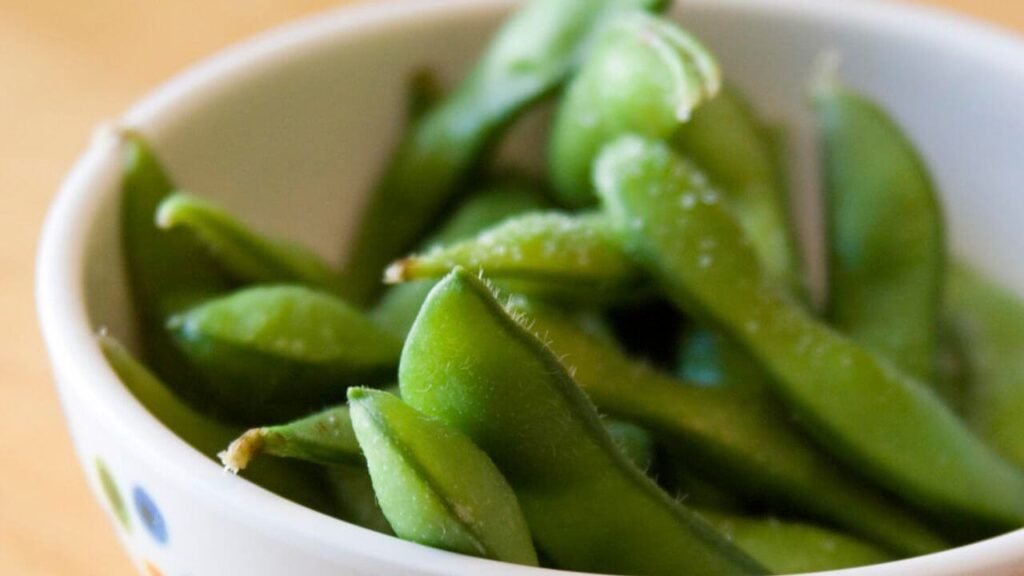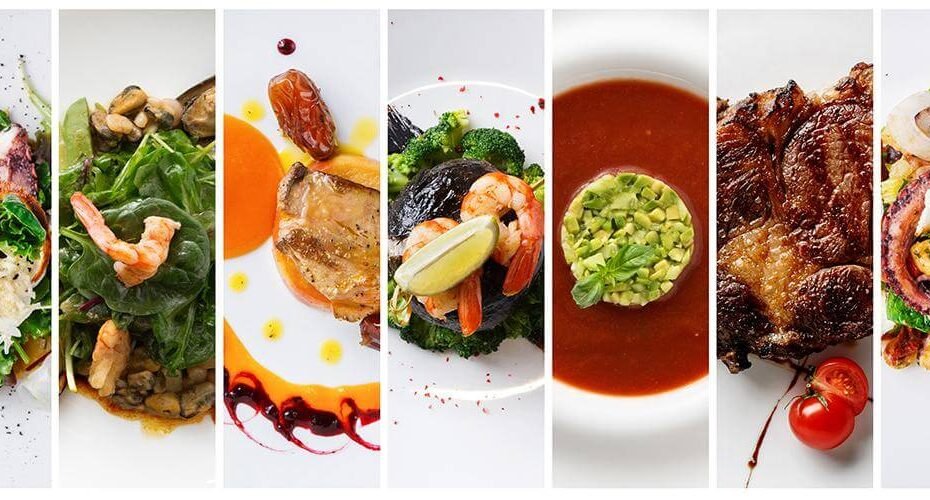
A hiatal hernia is what happens if the highest section of your stomach emrges through the sphincter that separates your abdomen and your diaphragm. This condition and its placement can make eating difficult, as it is right on your stomach causing pain.
What not to eat with a hiatal hernia? Spicy foods, salty foods, carbonated beverages, high fat foods and otherwise acidic foods may cause serious irritation to your hernia. While these types of food will cause serious pain with hiatal hernia symptoms, there’s still alternatives to enjoy.
Your oesophagus (food pipe) travels through a small hole (hiatus) in your diaphragm before connecting to your stomach. The stomach rises up through that gap and into your chest. Food and acid can back up into your oesophagus if you have a significant hiatal hernia, causing heartburn. These symptoms are often taken care of by medication or self care. A big hiatal hernia may need hiatal hernia surgery.
Hiatal hernia symptoms include acid reflux, getting heartburn worse than usual, and abdominal pain. These hernias can be a result of gastroesophageal reflux disease, and a hernia can lead to esophageal damage. Surgery complications involving internal bleeding, intense chest pain, and a continuation of gastroesophageal reflux disease symptoms.
What is a Hiatal Hernia?

A hiatal hernia can be a relatively mild condition with some annoying symptoms, or it can develop into something serious with severe symptoms. In lay terms, a hiatal hernia is your stomach entering your oesophagus, which is then restricting stomach acid thanks to the esophageal sphincter. Nasty!
This opens the esophagus to stomach acid, where it can be seriously damaged. You can be found to have a hiatal hernia via laparoscopic surgery, where a small cameria is instrted into you by your doctor. So if you suffer chronic indigestion, and have heartburn symptoms worse than usual, contact your healthcare provider.
Certain types of food will make the already bothersome symptoms worse, so we’re here to help you identify exactly what those are. On the internet you can easily find a log of trigger foods, and we reccomend keeping a food journal of trigger foods, where you can also note food choices to help reflux symptoms.
Best Foods to Try

If you suffer from chronic (long term) symptoms, then please see a doctor or healthcare professional. However, if you’re experiencing elevated symptoms of indigestion or have been diagnosed with a hiatal hernia, then try the following foods to find an improvement in symptoms:
- Dairy products. Lifestyle tips and changes for a hiatal hernia often include dairy to counter acid reflux. However, high fat dairy products can be more acidic, so only use reduced fat dairy. Fat free sour cream, light cream cheese, skimmed milk, all are better than the full fat products for your hernia.
- Sweet potatoes and plant based milk. Vegetables are almost always good for you, but almond milk can be too. Similar to low fat dairy, a milk substitute such as oat milk is less acidic and less likely to trigger acid reflux. This goes for other productsm such as a lean protein yoghurt, plant based milks, and vegan cheese.
- Leafy greens. As already stated, fruit and veg can be good for your hernia depending on their acidity. Thankfully most vegetables are low in acid content, unlike a lot of fruit.
- Cultured foods, such as probiotic yoghurt. These probiotic foods contain acid neutralizing stomach bacteria, which are healthy bacteria for your stomach. Fitting these into a hiatal hernia diet is a great way to reduce noticeable symptoms. Fermented foods can have similar bacteria.
- High protein foods. Since many high protein foods can be high fat foods, it’s best to eat lean. Try chicken and white fish, rather than deep fried foods which can be quite acidic foods.
- Citrus foods. These are your lemons, oranges, grapefruits, and limes. They are naturally acidic and prone to being a trigger food. You may switch to these and other cooked foods after a more serious and long term treatment, at the suggestion of your healthcare provider only.
Worst Foods to Try

A primary symptom of a hiatal hernia is abdominal pain when eating. This is one of the more severe symptoms, and one you’ll be wanting to avoid. Triggers vary from person to person, but generally the following foods will be the ones that cause health complications and reflux symptoms:
- Tomato based foods. These can include tomato sauce and spaghetti sauce, but even pizza! Aggravating your hernia with tomato may lead to surgery through your chest wall.
- Fatty foods. Fatty and oily foods are difficult for your stomach to digest at the best of times, especially if you consume a lot of them. So if you want to avoid the health risks of a hernia found in as many as twenty percent of people, we suggest you skip your next fried meal.
- Ice cream. This dairy treat has no place in a hiatal hernia diet, as it is a fatty dairy product. It may be smooth and cooling for some of the way down, but once it hits your stomach acid it will irritate your digestive tract. Although you can find probiotic ice creams which may be healpful.
Drinks and Natural Remedies

While food can make a serious difference, so can what you drink. Some juices for instance (cabbage juices and aloe juice) can reduce acid reflux. Others however, such as orange juices, citrus juices including lime and lemon, cranberry juice, and even grapefruit juice, are highly acidic. Citrus fruit juices tend to be the worst.
Tight fitting clothes can also make heart burn worse, but you can get medication easily to also help out your symptoms. Over the counter antacids, designed to reduce acid reflux, are perfectly accessible treatments for your hiatal hernia’s symptoms.
Keeping a healthy lifestyle will also alleviate symptoms. A healthy weight, no smoking, limited alcohol, with plenty of dietary fiber. You should also limit caffeinne from coffee and chocolate. Acidic, caffeinated, and high fat foods will be your enemy on a hiatal hernia diet.
Soft drinks like coke and pepsi are also best avoided. Carbonated drinks not only can be acidic, but can contain citrus fruits you might not expect. Cola for example, contains many citrus fruits and is simply dyed brown and darker colours to look more appealing.
Other lifestyle adjustments and lifestyle habits may improve your hernia condition. Regular execrcise, although you shouldn’t be too excessive, and also herbal cures. Many common garden herbs work in conjunction with lifestyle modifications to improve stomach health.

